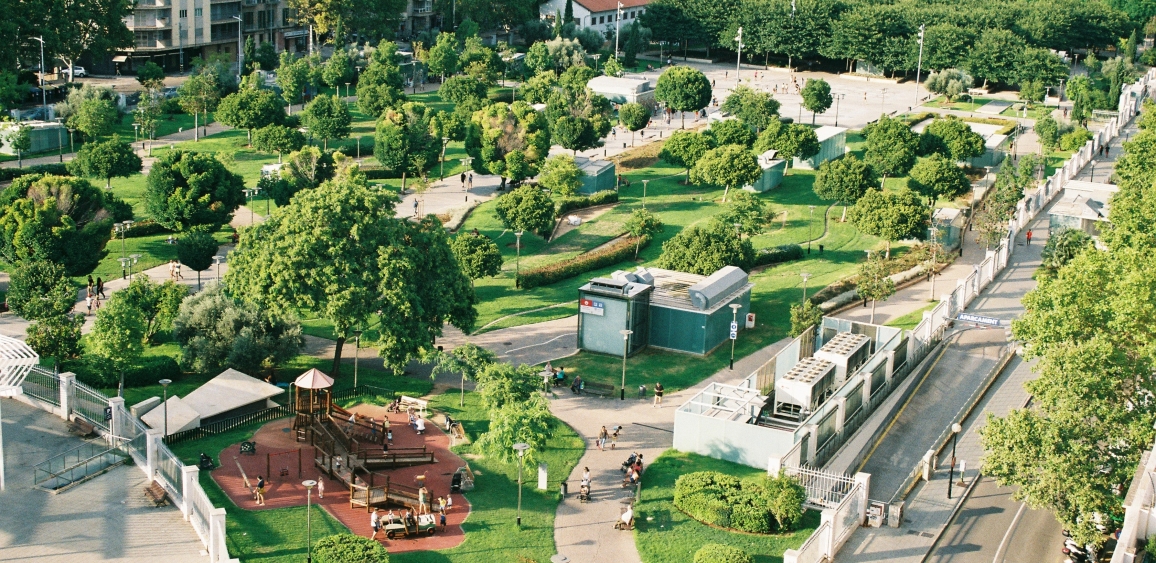Andrea Arcidiacono, Politecnico di Milano, Carlo Gasparrini, University of Naples ‘Federico II’, Simona Tondelli, University of Bologna ‘Alma Mater Studiorum’.
The seminar starts from the awareness of the urgency to implement the strategies of the Next Generation Plan and the PNRR in a perspective of ecological redefinition of the contemporary territory project.
In this context, two fundamental thematic fields are focused in the reconfiguration of urban planning. On the one hand there is the role of ecosystem services assessment as a cognitive and interpretative support of the different soil functions directly related to human welfare and their value for the quality of life.
On the other hand, there is the potential of environmental infrastructures as a tool for structuring a widespread project of reurbanization and ecological regeneration of the contemporary territory. A tool capable of enhancing the different environmental, productive and landscape vocations of the urban environment. This starts from the preservation and valorization of the ecosystem functions that the soil provides in its natural and anthropic features.
In this regard, the evaluation and mapping of ecosystem services provide a qualitative knowledge of soil functionalities, and can therefore address land transformations in a perspective of ecological sustainability. On the other hand, it is also true that environmental infrastructures are definitely a methodological approach to urban planning – currently at the center of the main Italian and international landscape and territorial planning experiences – that addresses the design of urban and peri-urban open spaces, in a trans-scalar perspective.
The objective is on the one hand to enhance existing ecosystem services and on the other to achieve – through NBS interventions – a resilient and adaptive urban structure to environmental pressures and more generally to climate change. In these conditions the endowment of natural spaces also provides a possible response to conditions of safe use of urban open spaces even in situations of new health emergencies similar to those determined by Covid 19.
Also referring to some recent experiences, the seminar will try to discuss the potentialities and critical aspects of these two lines of action in the reconfiguration of the contemporary urban project.
PROGRAM
Opening:
“Green and Blue Networks. Strategies and tools for livability and urban welfare”.
Carlo Gasparrini, University of Naples ‘Federico II’, INU
“NBS for the health and welfare of cities: a European perspective”.
Ugo Guarnacci, European Commission – European Research Executive Agency (EREA)
“Restauro Ambientale Sostenibile Call. Projects for a better quality of urban life”
Sara Leporati, Compagnia di San Paolo Foundation, Head of Mission Protect the Environment – Earth Goal
Francesca Bodano, Oriana Corino, PR.I.S.MA scarl
“Green and health in urban planning”
Claudia De Luca, Simona Tondelli, University of Bologna ‘Alma Mater Studiorum’, INU
“Beltway parks and urban protected areas for the welfare of the contemporary city”
Angioletta Voghera, Politecnico di Torino, INU
Emma Salizzoni, Politecnico di Torino
“SE and urban welfare. Perspectives for urban planning”.
Chiara Cortinovis, Humbolt-Universität Zu Berlin
Conclusions:
Simona Tondelli, University of Bologna ‘Alma Mater Studiorum’, INU
Andrea Arcidiacono, Politecnico of Milan, INU
Italiano

Contributions